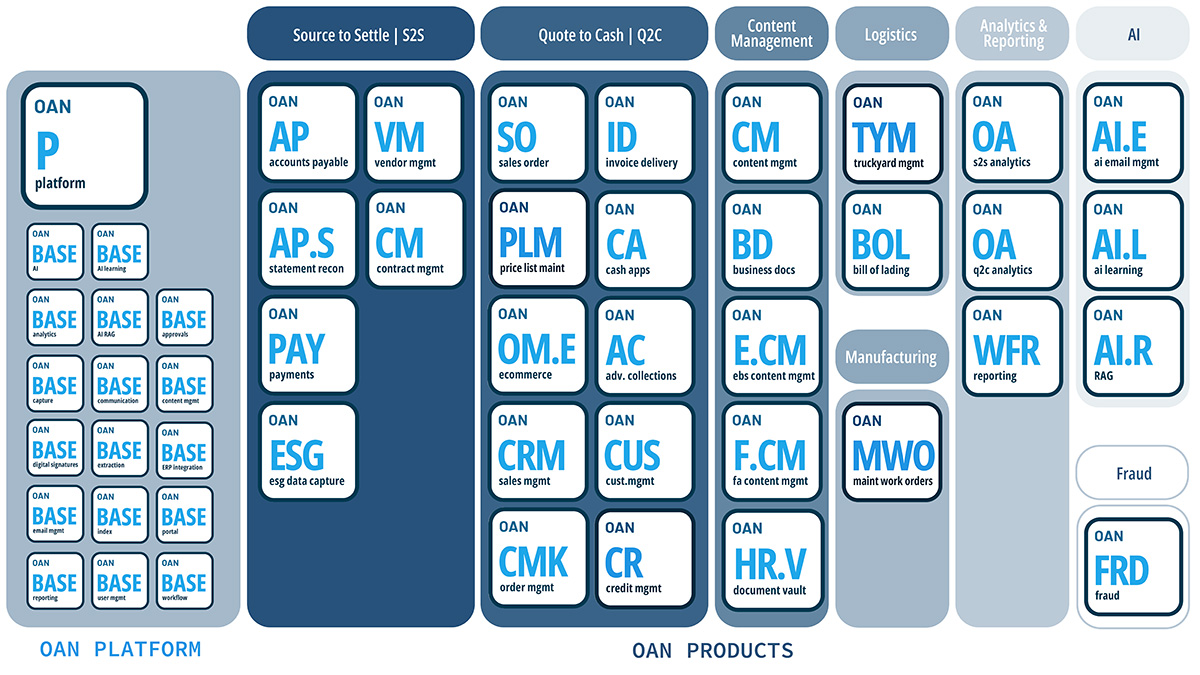Businesses can achieve many operational improvements with the Oracle eBusiness Suite, including production, procurement, supply chain management, logistics, and finance. Developing software specific to your organization is not prudent since most digital tools for businesses should connect with other applications smoothly.
On the other hand, IT departments have particular challenges while utilizing Oracle E-Business Suite. We’ll examine the top fix problems facing leaders and learn about products that may help employees complete tasks faster, make fewer mistakes, and perform better at work.
Top Five Problems
- Lack of Adequate Resources
Finding someone with the skills needed to run Oracle E-Business Suite (EBS) is challenging: Those available are aging and becoming outdated. Consequently, there is a more significant requirement for training in modern technologies.
The system evolved for 25 years, and the experienced personnel who worked on them are no longer accessible.
New workers are learning these skills and advancing with technology: Experienced individuals are expensive and hard to find. Due to the additional costs of integrating the software, businesses reliant on a limited budget are in danger of rising IT expenditures.
We attribute Oracle EBS issues to inadequately trained users on an application or feature. Failure to educate employees on the technology will affect its implementation and output. Businesses must implement a rigorous training procedure for EBS.
- Pressure to Reduce IT operational funds
When a company’s chances of generating income are poor, management will consider ways of cutting costs.
It may necessitate reducing the IT department’s budget to save expenses and letting go of skilled workers, leaving the company with few technicians to support Oracle EBS implementation.
A solution would be outsourcing IT services from another company or looking for affordable, innovative solutions. The options should not jeopardize ERP’s integrity and their implementation, take too long or be too expensive.
A successful ERP installation depends on predicting and estimating. No business owner wants to see excess expenditures caused by underestimating the requirement for human resources and adding skills or features to the system as an additional tool to the initial design.
Employers wishing to use the ERP system must align their skilled personnel. In most cases, businesses look outside the company, while inside staff are frequently favored.
The expenditures accrued when installing ERP are more than the original costs, and the expense of personalization is the determining factor. The cost of implementing will increase as the cost of customization rises. Therefore, businesses must be cautious about potential fees that might damage their budget.
- Spreadsheet data vs centralized systems
When constructing massive data collections such as ERP systems, consider data in spreadsheets against a central system.
After system integration, the user base adds things to a spreadsheet in Excel that the IT Department might not consider urgent, which might bring data manipulation.
Despite being valid at one particular moment, data rapidly becomes outdated, but users will have various versions for users.
It would help to clean data in an Oracle EBS to sort out outdated and unorganized data. Failure to do so causes delays, errors, and inefficiencies.
To prevent these issues, a business should adopt additional digital tools to help with the tasks. It routinely cleans up temporary data and outdated transactional data while converting the most pertinent data into valuable business intelligence,
- Data Processing Jobs Assigned to IT Staff
Data processing tasks from other departments find their way into the IT department making managers worried about overwhelming demands for the team.
IT staff may get overburdened by the custom codes or scripts necessary to finish the routine data handling activities.
Additionally, data owners may be annoyed by how long it takes to undertake straightforward tasks like process changes or uploading items. oAppsNet tools help make massive updates and uploads simple, giving companies complete control and ownership of their data.
Oracle EBS must undergo frequent testing to guarantee its performance stays within acceptable limits. A thorough testing strategy should incorporate routine tasks like financial reporting and stress evaluations to test EBS to its maximum.
Businesses must choose the proper metrics before its integration to build a basis for the program’s functionality and evaluate the effectiveness of your Oracle EBS implementation. It might be KPIs like the time or expense of handling a specific task. By selecting the appropriate metrics, you may convince essential stakeholders of the project’s worth, making it easy to analyze performance and the worker’s output.
- Data limitations impacting production
Big corporations that process a lot of transaction data may experience reduced output and financial losses due to data processing delays.
Despite Oracle E-Business Suite is an essential tool for data management, there are limitations to the software updating and uploading processes.
For example, the system processes customer requests using the bill of materials, and the operation was successful. Still, if the workers did not utilize everything, had to return them, and there were damages to the items, workers need to update the information to ensure accuracy in the stock.
Budget restrictions prevent business owners from hiring extra data entry personnel to handle the backlog. As a result, they depend on the IT Managers to devote time and money to creating efficient data-loading procedures.
Professional Service to Eliminate ERP Errors
Enterprises rely on third-party software packages more frequently than not. oAppsNET easily links Excel spreadsheets with Oracle ERP using. It helps maintain the reliability of Oracle ERP as users enter data into the system.
You may begin considering the full scope of your project by implementing a digital strategy. Also, check your anticipated costs and timing as you proceed. You can commit to a schedule or budget to address pain problems hastily and effectively.
Experts provide accurate projections based on the particular circumstances of your business and industry standards. They know what is trending in the market and how other businesses in your industry address their demands for digital business solutions.

